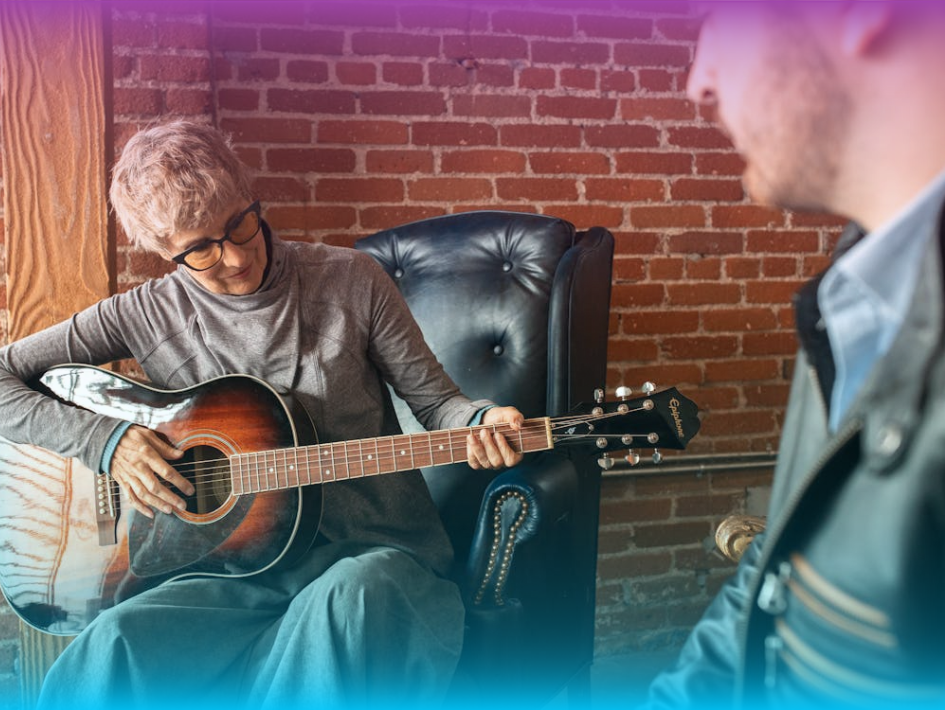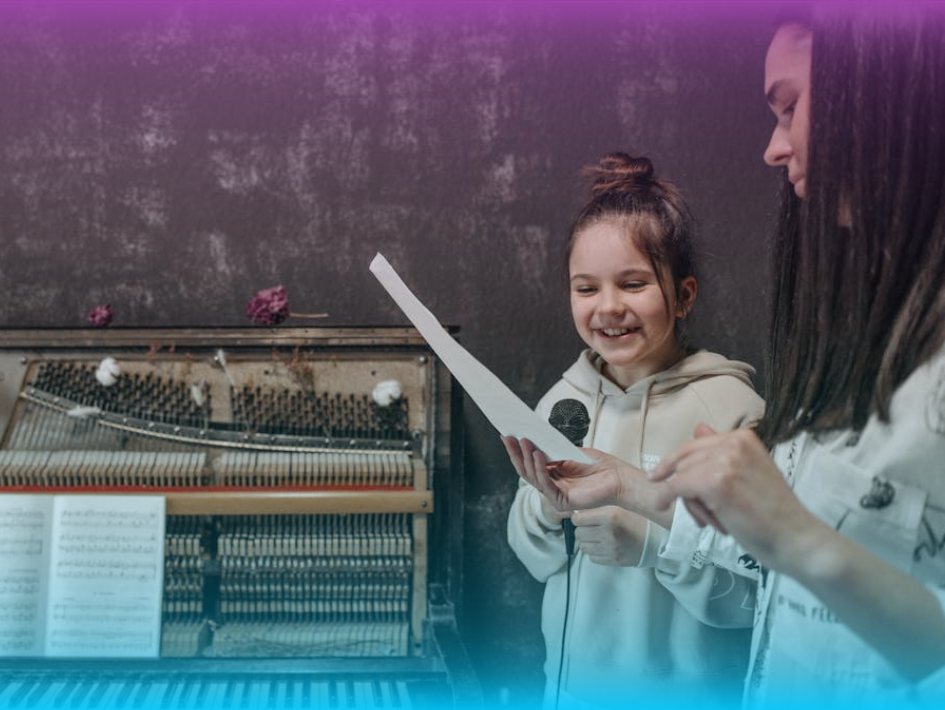Many parents and adults wonder: What is the best age to learn music? Some believe that children should start early, while others argue that it is never too late. In truth, music education brings value at every stage of life. Whether you are a child, teen, or adult, there are ways to benefit from music classes, private lessons, and even group lessons.
In this article, we will explore what age to start learning music, the right age for music lessons, and how different stages of life can shape your musical journey.

Age plays an important role in musical development. Music can build fine motor skills, improve memory, and strengthen focus for young children. During early childhood, kids learn best through play. Music and movement activities introduce rhythm, sound, and basic musical concepts in a fun way.
Children's ability to read sheet music, understand music theory, and handle different musical instruments improves as they grow. Older learners, including adults, bring discipline and life experience. Because of their focus and maturity, they may progress faster in formal music lessons or music programs.
The right age for music lessons depends on the student's goals, environment, and readiness.
During early childhood, children absorb information quickly. This is the perfect time to introduce music education in simple and playful ways. Music classes for young learners often include singing, rhythm clapping, and music and movement.
At this stage, group lessons are common. The focus is on creating a positive musical environment where children can explore sound. Activities help with coordination, listening, and fine motor skills.
Musical development in early childhood does not require formal music lessons. Instead, exposure to musical concepts lays the foundation for later growth.
By age six or seven, children are ready for formal music lessons. This is often the right age for music lessons in a music school or through private lessons.
At this stage, children can start learning to read sheet music, understand music theory, and play simple musical instruments. Violin or ciello, for string instruments, are common choices because they help children develop control and discipline. Piano and guitar are also popular options.
Private lessons provide one-on-one attention, while group lessons encourage teamwork and shared musical experience. Both approaches help children grow in different ways.
This is often when students begin a structured musical journey. A supportive musical environment ensures they enjoy the process and stay motivated.

Teenagers have stronger coordination, focus, and emotional expression. This makes it easier to handle more complex musical instruments and sheet music.
Formal music lessons during this stage often involve deeper music theory and advanced techniques. Teens may join school bands, choirs, or structured music programs. They may also study stringed, wind, or percussion instruments more seriously.
Private lessons help refine technical skills, while group lessons create opportunities for collaboration. Teens may also begin composing or exploring digital music production.
The teenage stage is also about identity. Music education gives teens a safe outlet for creativity and emotional growth.
Some people ask if adults can still start music education. The answer is yes. There is no strict rule for what age to start learning music. Adults often succeed because they bring focus, discipline, and clear goals.
Adults may begin with private lessons, learning at their own pace. Others may enjoy group lessons or community music classes, which focus on collaboration and enjoyment.
For adults, the musical journey can be very rewarding. Learning musical instruments, studying music theory, and practicing sheet music can improve memory, reduce stress, and bring joy.
It is never too late to join a music school, participate in music programs, or study under skilled music teachers. Whether playing piano, guitar, or string instruments, adults can enjoy both the challenge and the musical experience.
The right age for music lessons depends on more than age alone. Here are key factors:
Parents and adults should consider these factors when deciding at what age to start learning music. Music teachers often guide families in choosing the best time and method.
Music education is not just about learning to play an instrument. It shapes skills that extend beyond music. These include:
Whether through private lessons, formal music lessons, or school-based music classes, music education creates lifelong benefits.

So, what is the best age to learn music? The answer is simple: every stage has value. Early childhood builds a playful foundation. Childhood introduces formal music lessons and musical concepts. Teenage years expand skills through music theory, sheet music, and group lessons. Adults discover joy and fulfillment through private lessons, music programs, and new musical experiences.
No matter the age, music teachers, music schools, and supportive environments can guide learners on their musical journey. The right age for music lessons depends on the learner's readiness and goals. But it is never too early or too late to begin.